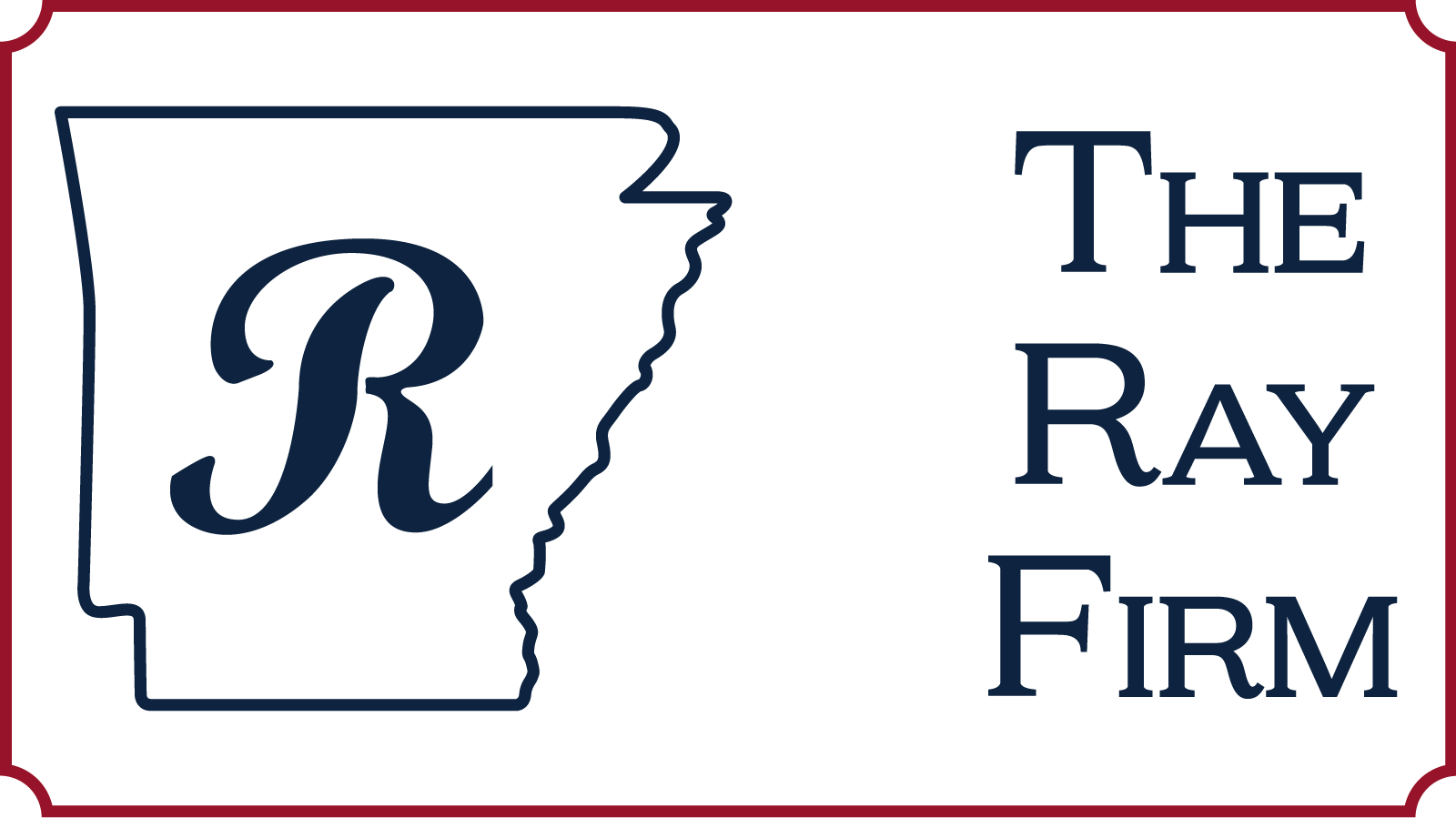Business Succession Planning
Understanding Business Succession Planning
In the dynamic landscape of business, it's essential to plan for the future, not just for the success of your company during your tenure but also for its continuity beyond your leadership. Business succession planning is a strategic process that involves outlining the steps and strategies for transferring ownership and management of a business to new hands seamlessly. Whether you're a small family-owned enterprise or a large corporation, having a robust succession plan in place is crucial for ensuring stability, preserving value, and safeguarding the legacy you've worked hard to build.
Importance of Business Succession Planning
Business succession planning is more than just a legal formality; it's a proactive approach to mitigate risks and uncertainties associated with changes in leadership, ownership, or unforeseen circumstances. Without a well-thought-out succession plan, businesses may face disruptions, conflicts, and even decline in value in the event of key stakeholders exiting the company unexpectedly. By anticipating and preparing for such transitions in advance, organizations can maintain operational continuity, retain talented employees, sustain client relationships, and protect the interests of shareholders and stakeholders.
Key Elements of a Successful Succession Plan
- Identifying Successors: One of the fundamental steps in succession planning is identifying potential successors within the organization or grooming external candidates who possess the skills, experience, and vision to lead the company forward.
- Training and Development: Investing in the professional development and mentorship of potential successors is vital for preparing them to assume leadership roles effectively. This may involve providing targeted training, leadership programs, and exposure to various aspects of the business.
- Legal and Financial Considerations: Succession planning entails addressing complex legal and financial aspects, such as structuring ownership transfers, estate planning, tax implications, and ensuring compliance with regulatory requirements.
- Communication and Transparency: Open communication with stakeholders, including family members, employees, clients, and investors, is essential throughout the succession planning process. Transparency fosters trust, minimizes uncertainty, and allows for smoother transitions.
- Contingency Planning: Anticipating unexpected events such as sudden illness, disability, or death of key personnel is critical. Developing contingency plans ensures that the business can adapt swiftly to unforeseen circumstances without major disruptions.
The Role of Professional Guidance
Navigating the complexities of business succession planning requires expertise in various disciplines, including legal, financial, and strategic management. Seeking guidance from experienced professionals, such as attorneys, financial advisors, and business consultants, can provide invaluable insights and assistance in developing a customized succession plan tailored to the unique needs and goals of the organization.
At The Ray Firm in Hot Springs, AR, we understand the intricacies involved in business succession planning and are committed to helping businesses safeguard their future success. With our expertise and personalized approach, we assist clients in developing comprehensive succession plans that address their legal, financial, and operational requirements, ensuring a smooth transition of leadership and continuity of operations for generations to come. Contact us today to learn more about our services and how we can support your succession planning needs.
Want more information?
Contact Us
We will get back to you as soon as possible.
Please try again later.
All Rights Reserved
The Ray Firm | Privacy Policy
This website is designed for general information only. The information presented at this site should not be construed to be formal legal advice nor the formation of a lawyer/client relationship.




